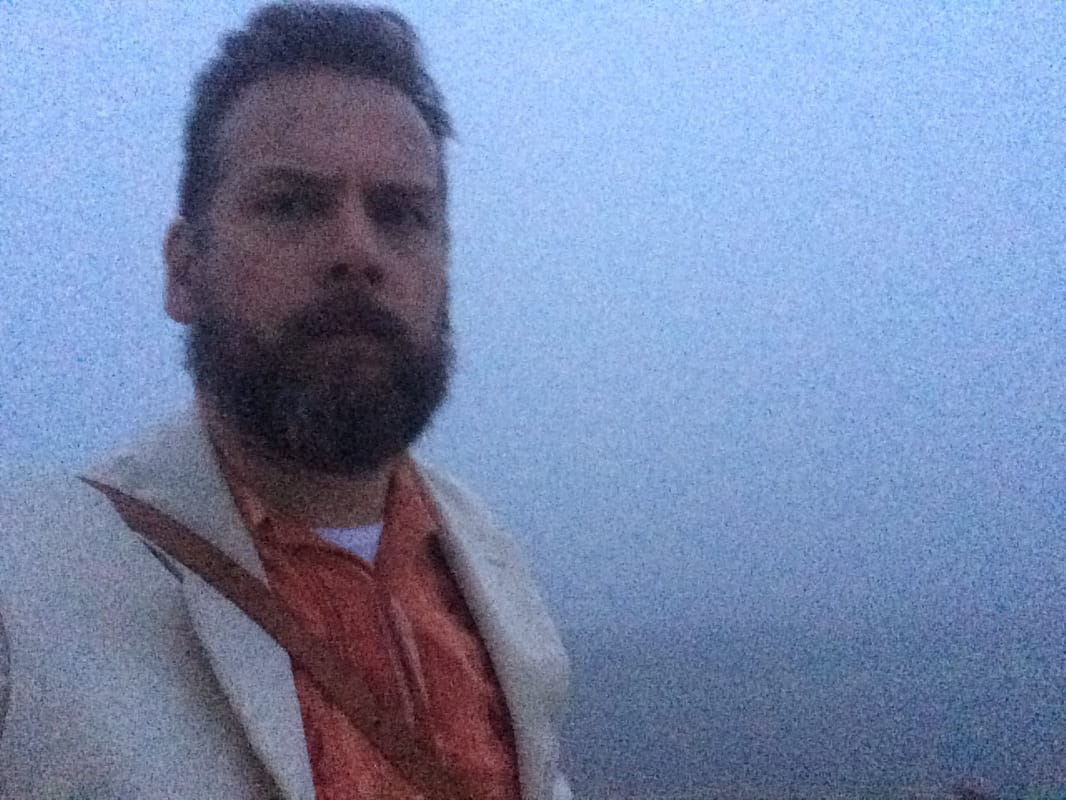|
Once upon a Time in the West is Sergio Leone's first attempt at genuinely challenging and mature cinema. The Good, the Bad and the Ugly had already begun to move in that direction. The epic sprawl of the Civil War was directly inspired by David Lean: the bridge episode specifically, but also the general feel of the epic. At its heart, however, it is an action movie, one of the best ever made. It allows social, political and historical asides, but the pursuit continues. In Once upon a Time in the West, history and politics is unavoidable and it is the action that feels like an aside. Whereas the beautiful final confrontation in the early film takes place in an arena, a cemetery with the gunfighters taking centre stage, in Once Upon a Time in the West Harmonica and Frank face off in what is basically the back yard. Their confrontation travels back to history to explain what we have tantalisingly glimpsed, the back story that leads up to the gunfight, the psychological motivation. Harmonica is nothing except back story. Bronson wears the same costume as he did as a child as if he was frozen at the point of his trauma. And as Frank and Harmonica face off, the work continues, The outlaw Cheyenne dying from a gunshot received in a fight so marginal that we haven't even seen it takes refuge in the kitchen of his idealised mother figure and seeks to pass on some final advice. He has been shot by the new legal robber--Mr Choo Choo, the rail road man.
And yet as a political film the film never quite escapes the gravitational pull of its own sadness. The full is drenched in disappointment. Everything goes wrong: the men waiting to pick you up from the station are really there to kill you, and the wedding becomes a funeral. But no one is happy. Frank is a strangely reluctant murder 'Now you called me be name'. He dresses in a pin stripe suit and actually longs to sit behind a desk and be taken seriously as a business man. It is an ambition he fails at. He's not a business man, 'just a man' he admits. Even Mr Choo Choo the arch-villain is a sad figure, a man destroyed by polio and dying. His ambition is to see the ocean and he is played with wounded sympathy by Gabriele Ferzetti. We can't triumph in his demise. The irony is too cruel as he gasps in a muddy puddle and we hear the ocean of his disappointed vision. Cheyenne is the clownish gun-slinger, his striped pantaloons and his relentless spiel, 'a thousand thousands'--'they call them millions'--but he's also a tragic figure, mourning a wasted life and seeing in Jill a mother figure, a figure of comfort and release. Morricone throughout the film foretells his death with the hopping score with its false comic ending that will eventually be his real tragic end. Harmonica is not human enough to be disappointed. Charles Bronson plays him with a gnomic smile and the harmonica he plays is not music as such but simply the sound of long breaths being taken, anticipating once more the death rattle. His survival is moot. His identity was so wrapped up in his revenge that one feels, as he rides off, that he is taking Cheyenne's corpse down to hell with him. He doesn't seem to have anywhere else to go. Claudia Cardinale's Jill is the first female character of any depth of complexity in a Leone Western. Her prostitute trying for reinvention is immediately disappointed, having resort to degrading her body once more purely to survive, but through the intervention of the sympathetic Cheyenne and Harmonica, she finally cracks a smile of triumph. She is given her role as universal mother, going out to the workers to minister to their needs, both with water and affection. She is the heart in a heartless world.
0 Comments
Leave a Reply. |
AuthorJohn Bleasdale is a writer. His work has appeared in The Guardian, The Independent, Il Manifesto, as well as CineVue.Com and theStudioExec.com. He has also written a number of plays, screenplays and novels. Archives
March 2019
|
 RSS Feed
RSS Feed


